Hi there, my name is Gavin McCormack and I’m a Montessori teacher. Over the years, I’ve been asked a lot of questions about Montessori education and it’s clear to me that there are a lot of misconceptions floating around out there.
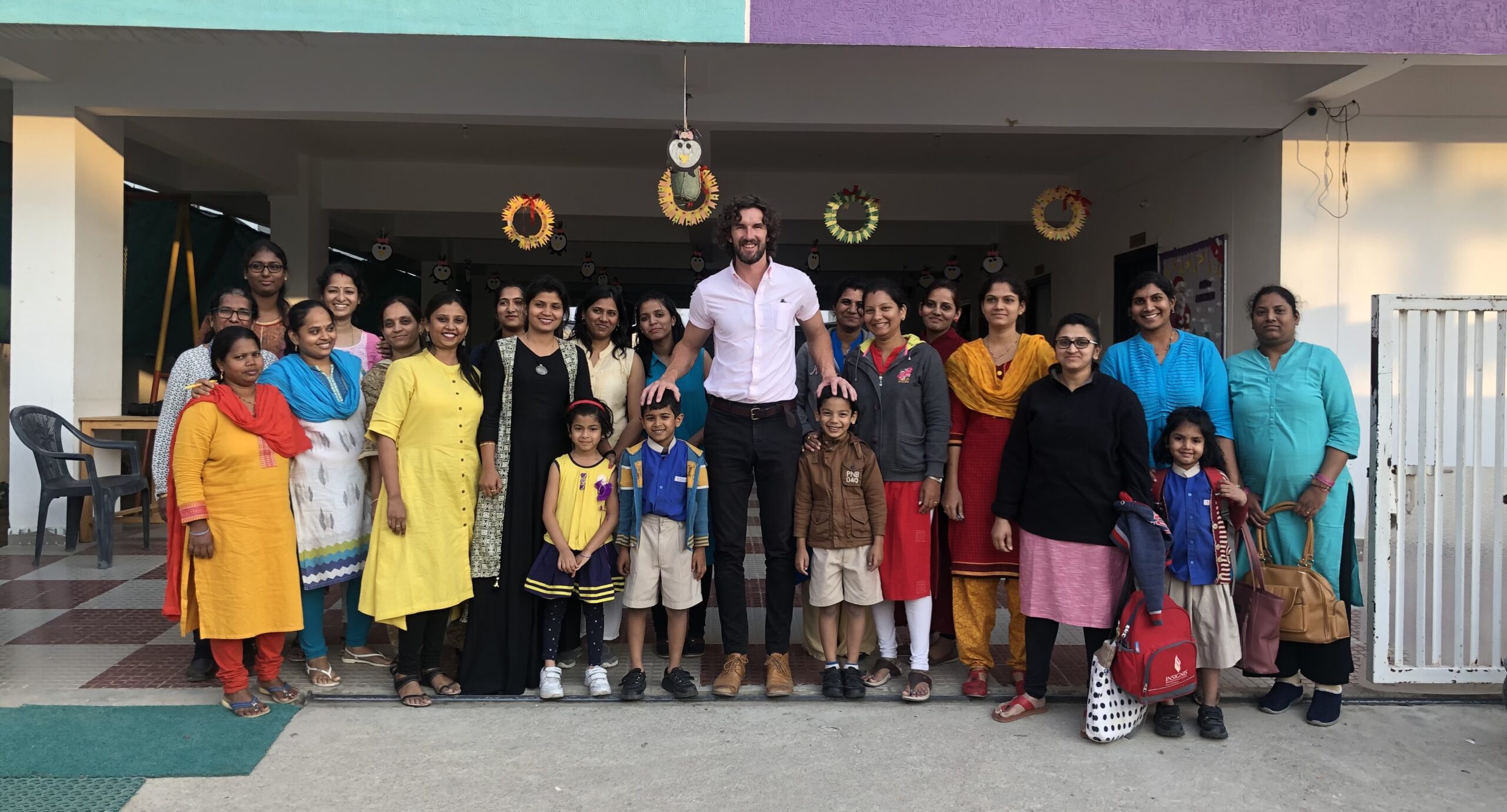
In this article, I want to address some of the most common ones I come across and give you a bit of an inside scoop on what Montessori education is really all about. Here goes:
1. Montessori is just a play-based or child-led approach to education.
“Play is the work of the child.” – Maria Montessori
While it’s true that Montessori education does place a strong emphasis on hands-on learning and allowing children to take the lead in their own education, it’s not just about unstructured play. Montessori is a carefully crafted, well-researched approach to education that is centered on the individual child and their unique needs and abilities. The materials and activities used in a Montessori classroom are designed to help children develop important skills and knowledge in a fun, engaging way.
2. Montessori is only for young children.
“The child is both a hope and a promise for mankind.” – Maria Montessori
While Montessori is often associated with early childhood education, it’s actually a philosophy and approach that can be applied to children of all ages. There are Montessori programs for toddlers, primary-aged children, and even high schoolers. The goal of Montessori is to support children as they grow and develop, so it can be adapted to meet their changing needs at different stages of their lives.
3. Montessori is only for gifted or privileged children.
“The greatest sign of success for a teacher… is to be able to say, ‘The children are now working as if I did not exist.'” – Maria Montessori
This couldn’t be further from the truth. Montessori education is designed to meet the needs of all children, regardless of their background or abilities. The Montessori approach recognizes that every child is unique and has their own strengths and challenges, and it seeks to support each child as they learn and grow in their own way.
4. Montessori is too permissive and doesn’t teach discipline.
“Discipline must come through liberty… We do not consider an individual disciplined only when he has been rendered as artificially silent as a mute and as immovable as a paralyzed man.” – Maria Montessori
While Montessori classrooms may appear more relaxed and free-flowing than traditional classrooms, this doesn’t mean that they lack structure or discipline. In fact, the Montessori approach is centered on helping children develop self-discipline and independence. Children are encouraged to make their own choices, solve their own problems, and work through challenges on their own, all of which helps build their self-confidence and sense of responsibility.
5. Montessori education doesn’t prepare children for the “real world”.
“The task of the teacher becomes that of preparing a series of motives of cultural activity, spread over a specially prepared environment.” – Maria Montessori
On the contrary, Montessori education is all about preparing children for the real world. The Montessori approach seeks to develop the whole child, including their cognitive, physical, emotional, and social skills. Children who attend Montessori schools are typically highly independent, confident, and capable, and they have the skills they need to succeed in whatever they choose to do in the future.
Montessori education is a wonderful approach to education that has been helping children learn and grow for over 100 years. While there are certainly some misconceptions out there about what Montessori is and isn’t, I hope this article has helped clear up some of the confusion. If you have any further questions about Montessori or would like to learn more, don’t hesitate to reach out!


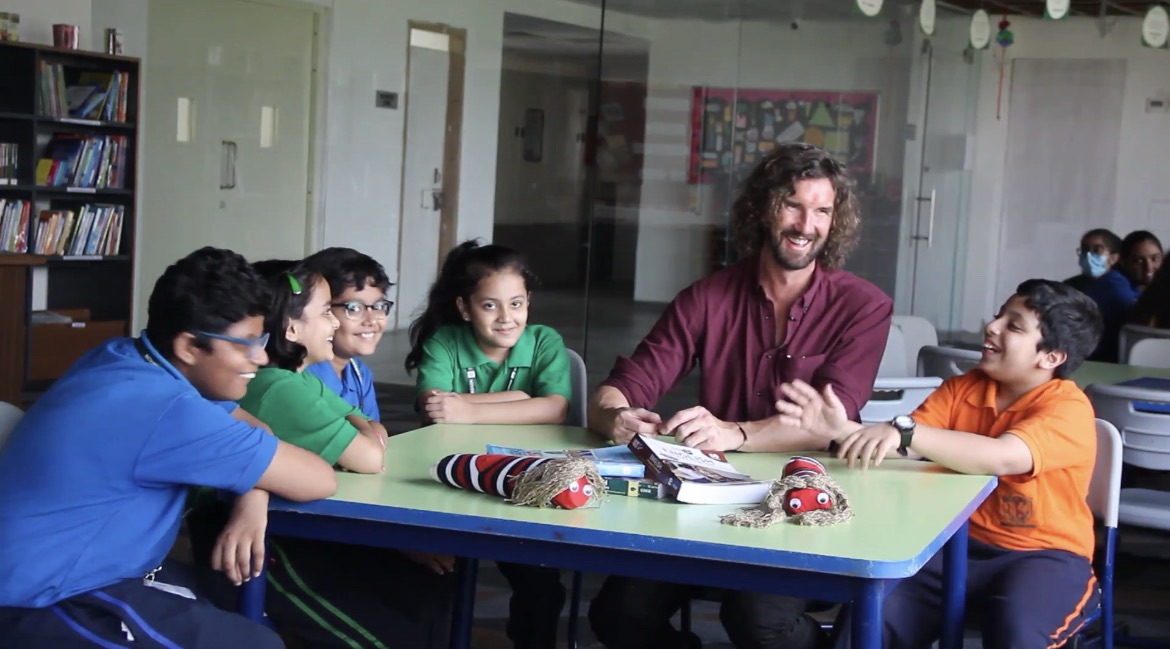
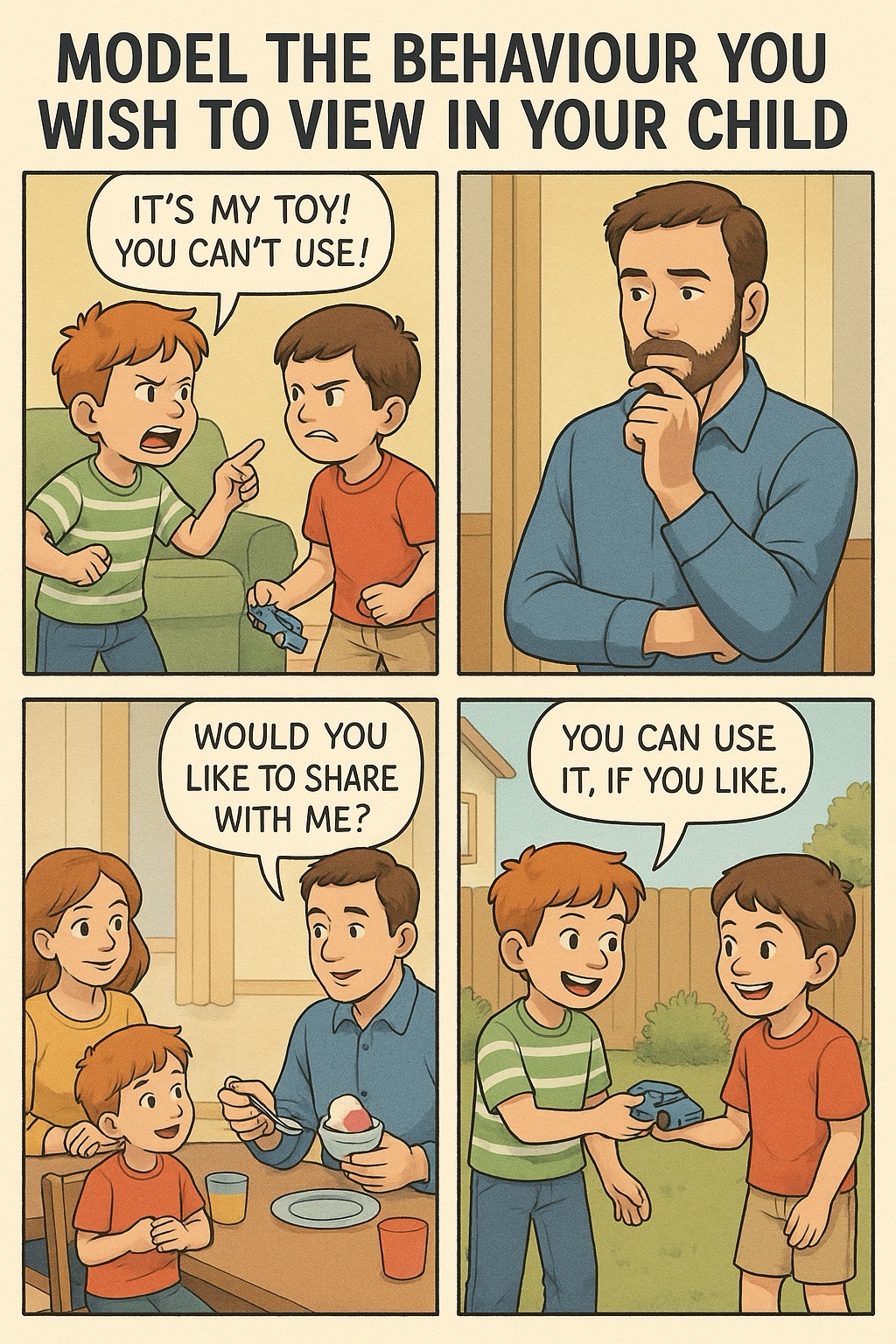
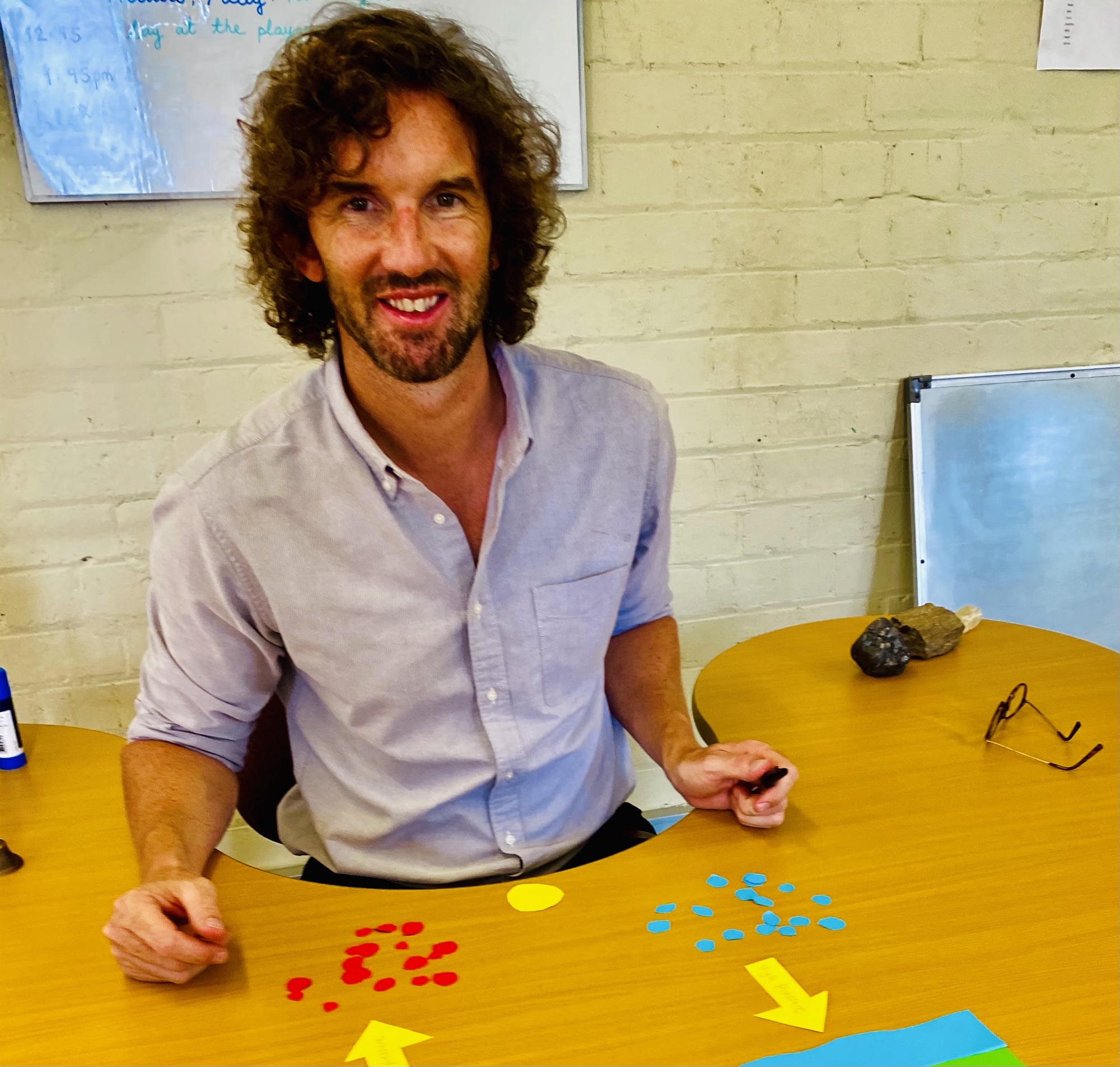


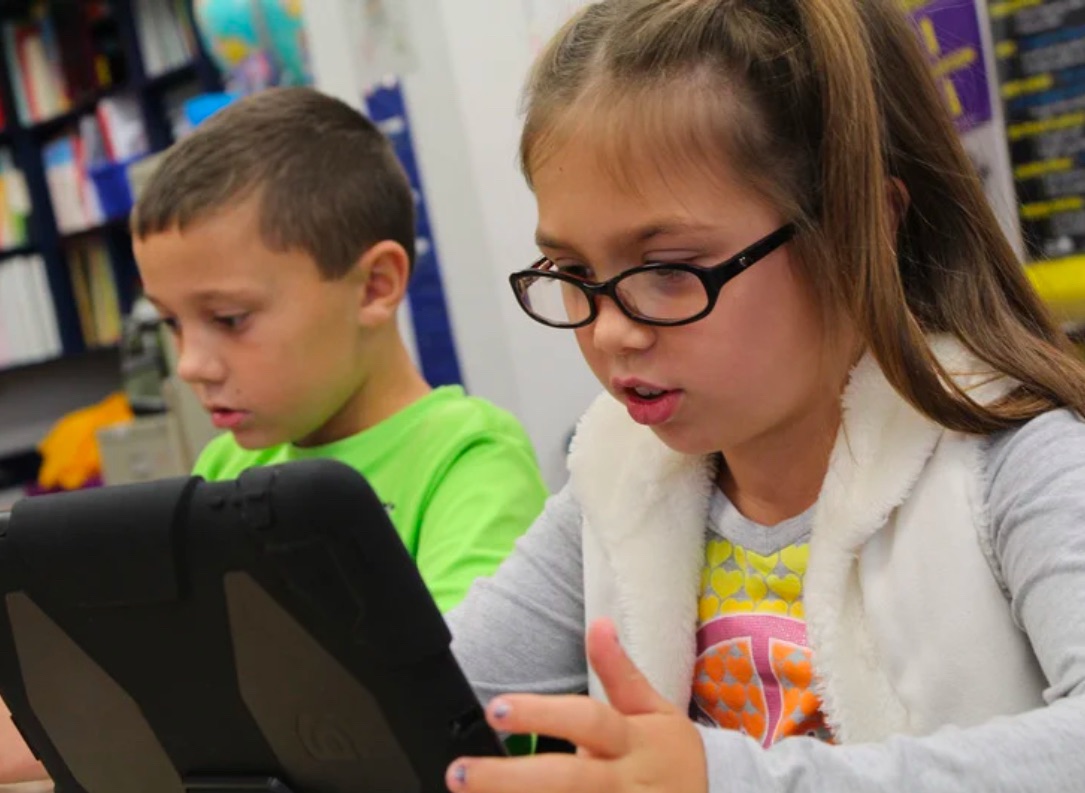
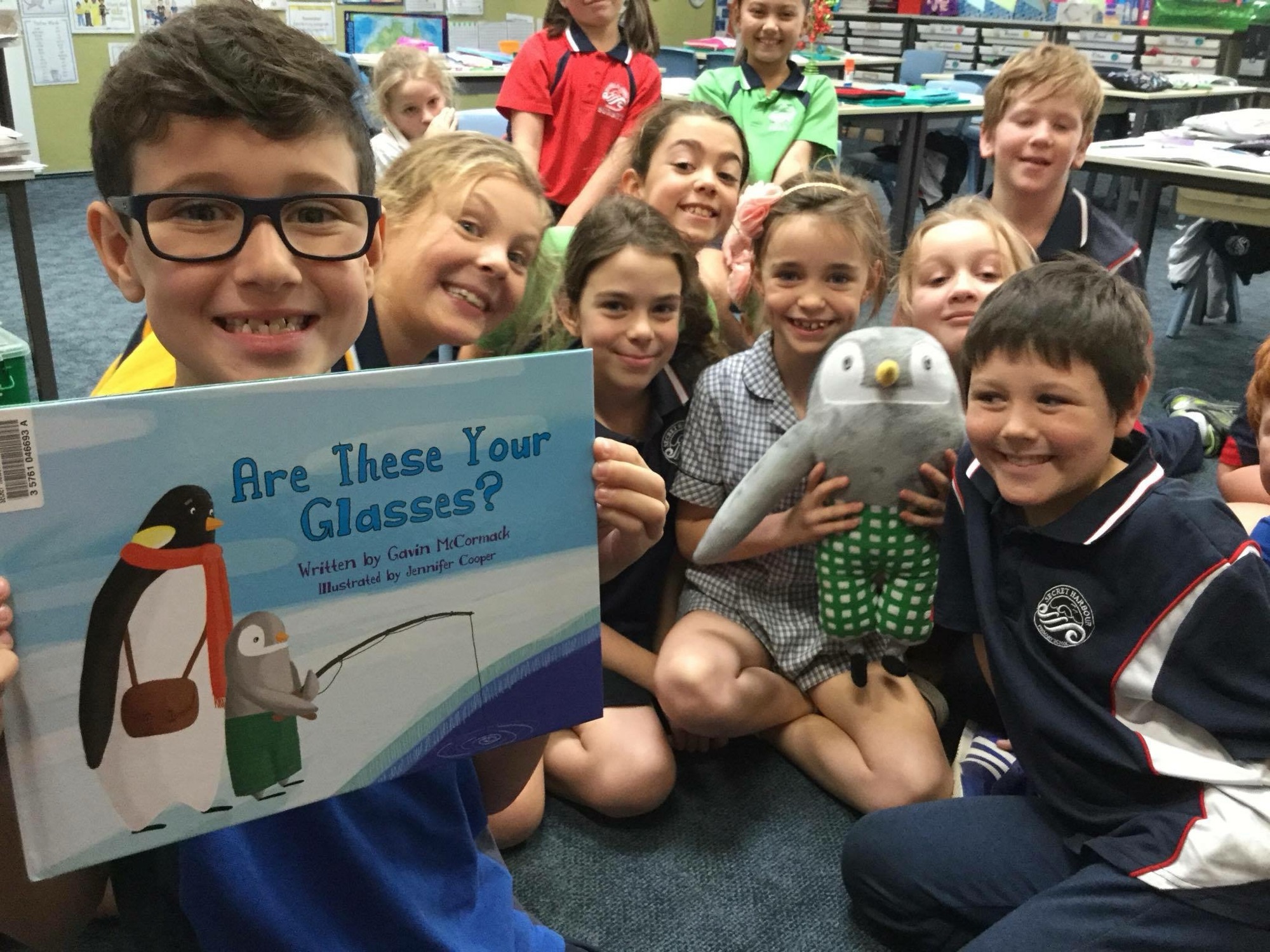
One Response
How do we bridge Montessori principles into mainstream environments? I’m at a STEAM Charter School, seeking to do just that–and it’s been tough! Lots of focus on the test! I LOVE the Montessori approach, but just want more people to have access to the big ideas without having to be bound as “Montessorians.” Your ideas are welcomed!